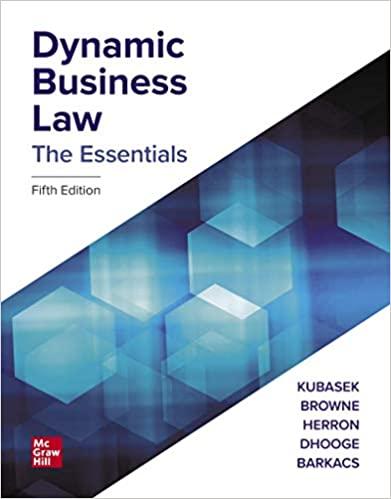Plaintiff, a tenant in common in a piece of real property, had agreed to sell his interest
Question:
Plaintiff, a tenant in common in a piece of real property, had agreed to sell his interest therein to defendant, the other tenant in common. The contract of sale provided that defendant was to pay plaintiff $25,000 upon the execution of a bargain and sale deed transferring title to the defendant as the sole owner of the real property. The contract of sale further provided that plaintiff could continue to store his equipment at the property “for a maximum of 60 days from the date” of the contract of sale, and that “[i]mmediately upon the permanent removal of all of the equipment from the premises, Evelyn A. Cuggino shall pay the sum of ten thousand ($10,000.00) dollars . . . to Peter J. Magnani, which shall occur no later than 60 days from the date of this agreement.” At a nonjury trial, the evidence established that plaintiff had not removed his equipment within the 60-day period, yet defendant paid plaintiff the sum of $2,000 prior to plaintiff’s removal of the equipment, but not the remaining $8,000. Plaintiff sued to recover $8,000 for breach of a contract for the sale of real property. The trial court dismissed plaintiff’s action. The court found that plaintiff was not entitled to recover the remaining $8,000 due under the agreement, since the removal of the equipment within the 60-day period was a condition precedent to plaintiff’s entitlement to be paid the sum of $10,000 by defendant. Plaintiff appealed this dismissal, claiming the contract of sale did not provide for a forfeiture of plaintiff’s right to recover the $10,000 if he failed to remove the equipment within the 60-day period, and therefore it was not a condition precedent. How do you think the case was resolved on appeal? Why?
Step by Step Answer:

Dynamic Business Law The Essentials
ISBN: 9781260253382
5th Edition
Authors: Nancy Kubasek, M. Neil Browne, Daniel Herron, Lucien Dhooge, Linda Barkacs





